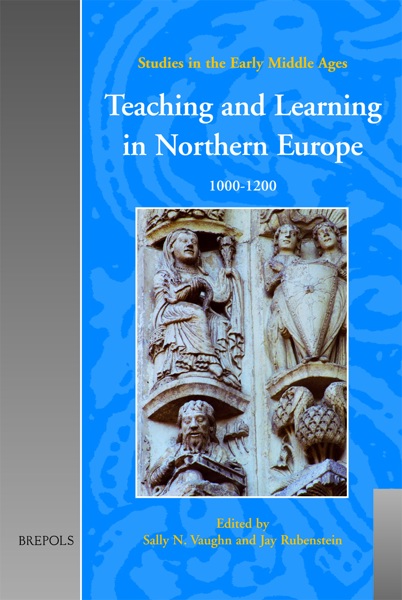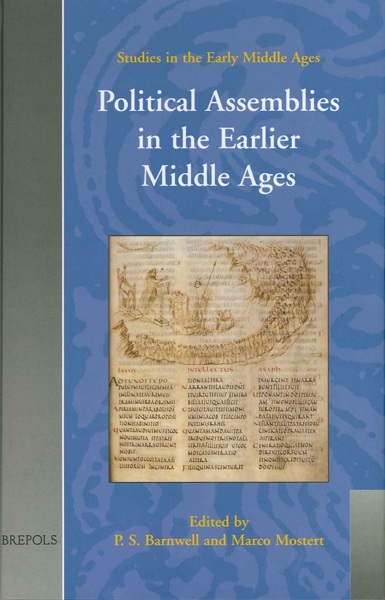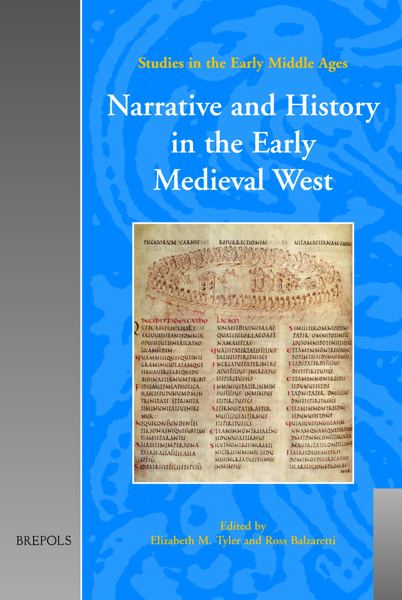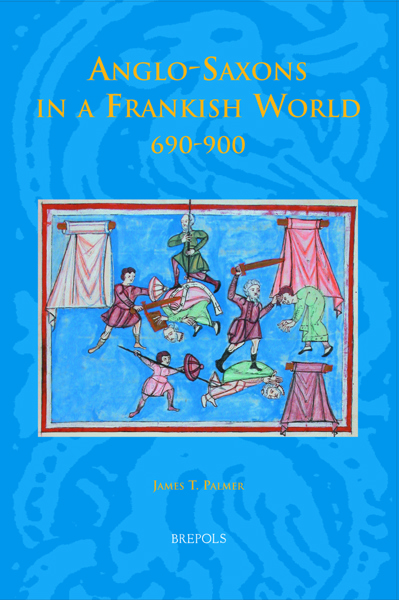
Political Assemblies in the Earlier Middle Ages
Paul S Barnwell, Marco Mostert (eds)
- Pages: 213 p.
- Size:160 x 240 mm
- Illustrations:10 b/w
- Language(s):English
- Publication Year:2003
- € 40,00 EXCL. VAT RETAIL PRICE
- ISBN: 978-2-503-51341-6
- Hardback
- Available
- € 40,00 EXCL. VAT RETAIL PRICE
- ISBN: 978-2-503-53873-0
- E-book
- Available
"The volume provides a concise and up-to-date overview of its theme. (...) this is a volume which will serve both as useful reference work and as a solid platform for further research." (S. Maclean, in: Early Medieval Europe, 2005, 13 (2), p.220-221)
Political Assemblies: Introduction - P. S. Barnwell
Kings, Nobles, and Assemblies in the Barbarian Kingdoms - P. S. Barnwell
Talking Heads: Assemblies in Early Medieval Germany - Stuart Airlie
Assemblies and Charters in Late Anglo-Saxon England - Charles Insley
Legal Assemblies and Judicial Structure in Early Scandinavia - Stefan Brink
Royal Inauguration Assembly and the Church in Medieval Ireland - Elizabeth Fitzpatrick
Consensus and Assemblies in Early Medieval Central and Eastern Europe - János M. Bak and Pavel Lukin
Aristocratic Assemblies in Brittany, 1066–1203 - Judith Everard
Reasons for Assembly in Catalonia and Aragón, 900–1200 - Adam J. Kosto
Galbert of Bruges on Political Meeting Culture: Palavers and Fights in Flanders During the Years 1127 and 1128 - A. Demyttenaere
Representative Assemblies in Communal Italy - Edward Coleman




